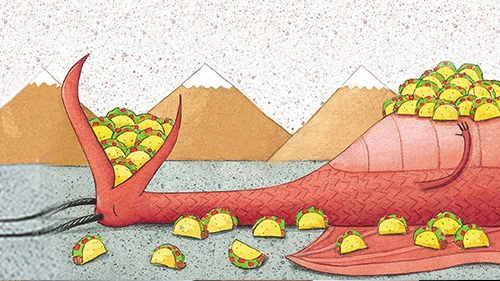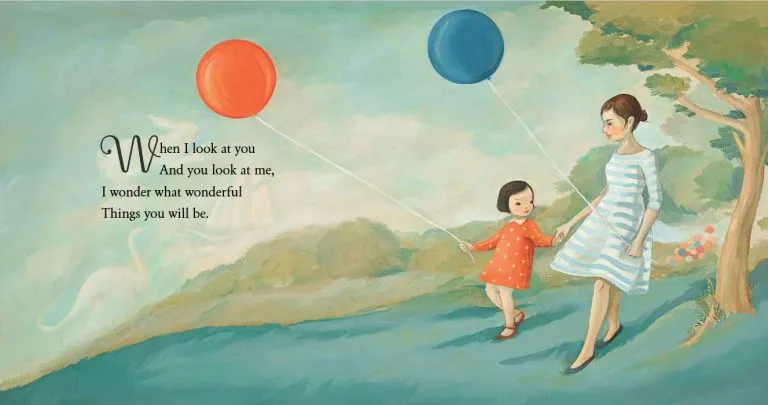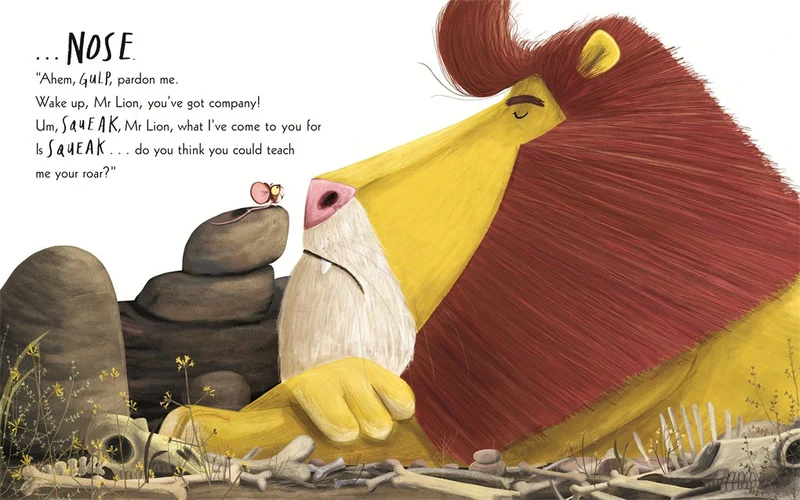The Origins of the Holocaust and Other Letters to the Editor

Origin of a Genocide
To the Editor:
Steven Zipperstein’s May 3 review of “Europe Against the Jews,” by Gotz Aly, which attempts to explain the origins of the Holocaust as largely the result of increasing European nationalism following World War I, omits (as does the book) the key historical role played by the Vatican in creating the conditions that allowed the Holocaust to occur. In his book “The Popes Against the Jews,” David I. Kertzer showed how the Vatican, through its official publications, promulgated a steady stream of the most vile and virulent anti-Semitism.
An example from an 1880 edition of Civiltà Cattolica, a Vatican organ, will suffice. It describes Jews as “eternal insolent children, obstinate, dirty, thieves, liars, ignoramuses, pests and the scourge of those near and far.” The Vatican, it’s clear, played a major role in fertilizing the soil of anti-Semitism that allowed the Holocaust to occur in almost all of Europe.
Lewis Wise
West Hartford, Conn.
♦
To the Editor:
In his review of “Europe Against the Jews,” Steven Zipperstein astutely observes the futility of identifying definitive reasons that can explain the origins of the Holocaust. He rightly critiques the author’s attempt to attribute the genocide to “the consolidation of nationalism.”
Unquestionably nationalism was an accelerant and abettor to the Holocaust. But state and church actions to stigmatize, penalize and ghettoize Jews, frequently erupting into acts of mass murder, can be traced back much further in European history.
Anti-Semitism enabled the Nazis to exploit a centuries-old and ever-present hatred and use it to undermine governments and recruit fifth columns. And to augment Germany’s massive rearmament, they now had the means to communicate through radio, newsreels and the telephone, as well as use railways and roadways to transport their victims. All that was left was the failure of politics and diplomacy. The Holocaust was a long time in coming.
Daniel E. Karson
Mamaroneck, N.Y.
Long Read
To the Editor:
In his May 3 By the Book interview, Michael Cunningham, talking about reading “The Magic Mountain,” asks, “How many of us, in 2020, can devote two months to reading one book every single night?” Well, I have devoted the last seven months to that great opus, Marcel Proust’s “Remembrance of Things Past.” I think I read the first volume, “Swann’s Way,” a hundred years ago, in college, but this was a more determined journey. I had as a companion a friend who spent a year and a half on the books, and heard of another fellow who gave it a year. I consider it the Mount Everest of 20th-century Western European literature. Reading it helped me understand something about myself: My bucket list is not places to go nor things to see — my bucket list is books. Next, already down from the shelf, is “Ulysses.” All my strength is being mustered for the journey.
Elmera Goldberg
New York
♦
To the Editor:
I was pleasantly surprised by the intellectual “bookends” you gave us in the May 3 issue: on the front end, in By the Book, the temporal depth and intellectual breadth demanded by Michael Cunningham’s suggestion that we reread every 10 years a book that has been important to us; and, at the back end, Sergio García Sánchez’s magnificent illustration of Walt Whitman’s call, in his unforgettable poetry collection “Leaves of Grass,” for the often-hidden joy found in nature’s smallness and everyday life’s routine.
What a way to challenge the lockdown through intellectual nurture and creativity.
Alejandro Lugo
Las Cruces, N.M.




